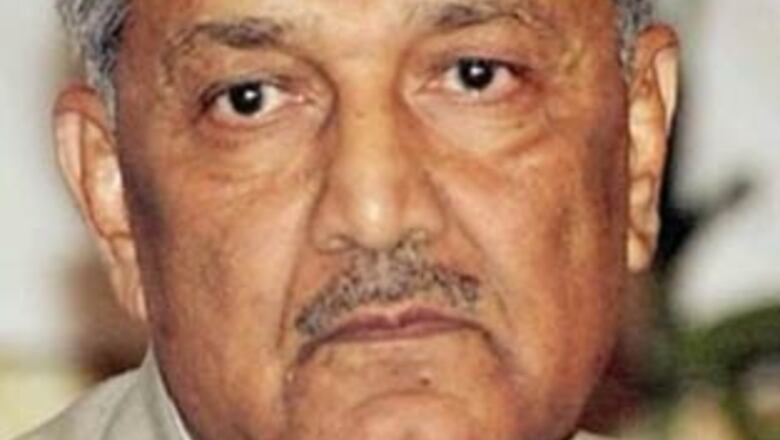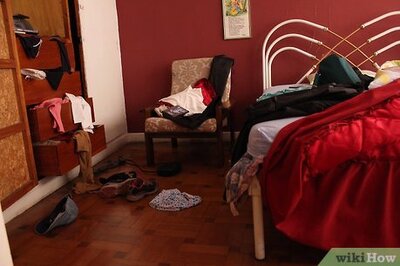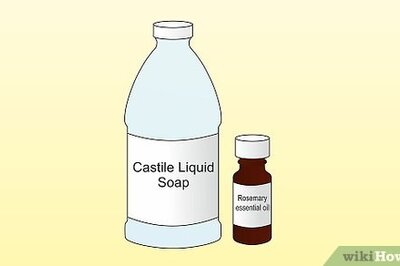
views
Washington: The United States on Tuesday slapped sanctions on 13 individuals and three private companies for their involvement in the clandestine nuclear proliferation network run by A Q Khan, Pakistan's disgraced atomic scientist.
"Khan, who is currently under house arrest, led an extensive international network for the proliferation of nuclear equipment and know-how that provided one stop shopping for countries seeking to develop nuclear weapons," the State Department said.
The sanctions comes, the State Department says, following several years of governmental review of the activities of the Khan network, which is believed to have sold nuclear technologies to several countries of the world, including Iran and Libya.
Several countries around the world, including Pakistan, South Africa, Turkey, the UAE, Britain, Germany, Switzerland and Malaysia, helped the US in its investigations.
"We believe these sanctions will help prevent future proliferation-related activities by these private entities, provide a warning to other would-be proliferators, and demonstrate our ongoing commitment to use all available tools to address proliferation-related activities," said the department.
Though Khan might not be any longer active, apparently because of strong surveillance on him, the department cautioned countries around the world to remain vigilant to ensure that his network, associates or others seeking to
pursue similar proliferation activities, will not become a future source for sensitive nuclear information or equipment.
The department also observed that the network's actions have irrevocably changed the proliferation landscape and have had lasting implications for international security.
Khan has been kept under house arrest in Islamabad since 2004, when he confessed on state television to have leaked atomic secrets to countries including Iran and Libya.
The scientist retracted the statement after four years, saying he was made to confess under duress.
Khan and his associates provided Iran and Libya with centrifuge components, designs, and, in some cases, complete centrifuges, the State Department said.
"The United States also believes that Khan and his associates provided centrifuge designs, equipment, and technology to North Korea. Khan also provided Libya with nuclear weapon designs," it said.
With the assistance of Khan's network, countries could leapfrog the slow, incremental stages of other nuclear weapons development programmes, it added.
In 2004, following Libya's decision to renounce its nuclear programme, the US removed from Libya items it had received from the network.
Many of Khan's associates are either in custody, being prosecuted, or have been convicted of crimes, it noted.
Countries have also joined together to put in place UN Security Council Resolution 1540 to criminalise proliferation and have worked together to establish the Proliferation Security Initiative (PSI) to enhance international tools to interdict and prevent trade in sensitive technologies, it said.




















Comments
0 comment